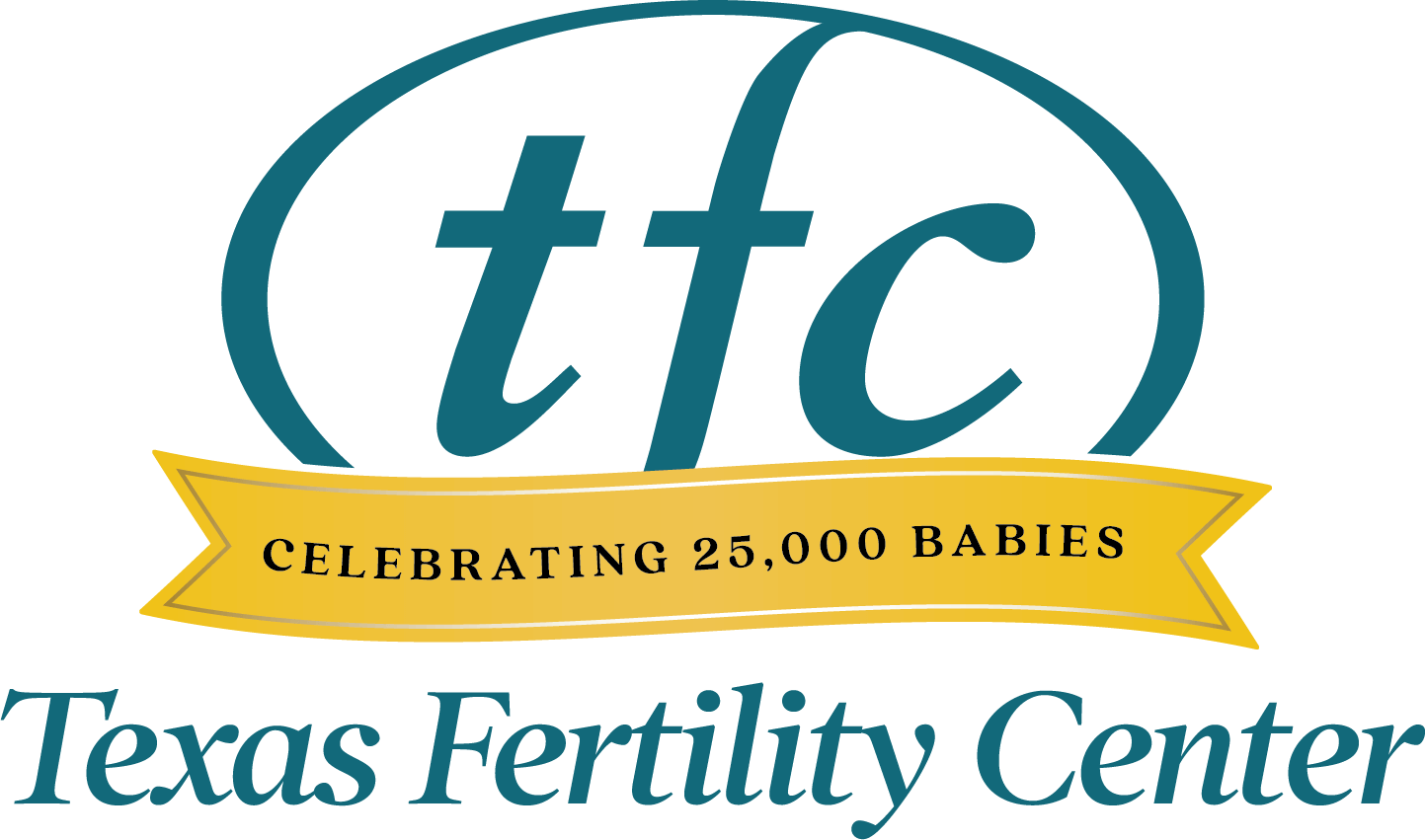
Uterine fibroids can cause pain, excessive bleeding and infertility
Our New Braunfels fertility center can diagnose and treat uterine fibroids. Fibroids are typically benign growths that physicians refer to as leiomyomas or myomas. They can be as small as a seed or the size of a grapefruit or even larger. These muscular growths develop in the uterine wall, as well as inside or on the outer surfaces of the uterus. Pedunculated fibroids grow on stalk-like structures that are attached to the outer wall or inside surface of the uterus.
Certain factors can increase a woman’s risk of developing uterine fibroids
According to our New Braunfels fertility center, women can develop uterine fibroids at any age, but they usually occur between the ages of 30 and 40. The following factors make it more likely that a woman will develop fibroids.
- Being African American. Women in this group not only have a higher risk, but they seem to develop growths at a younger age than other women.
- Being overweight or obese. Extremely obese women are two to three times more likely to develop fibroids than average-weight women.
- Having a family history. A woman whose mother had uterine fibroids is three times more likely than other women to develop growths.
Some factors cannot be changed, but women can help reduce their risk by achieving and maintaining a normal weight and eating a healthy diet.
Uterine fibroids can cause symptoms that seriously affect a woman’s quality of life
Uterine fibroids don’t always cause symptoms, and many women don’t know they have growths until our New Braunfels fertility center team finds them during a pelvic examination or procedure. Women who do have symptoms may experience mild discomfort to severe pain and other symptoms.
- Pain during menstruation
- Excessive bleeding during menstruation
- More frequent or lengthy periods
- Vaginal bleeding outside of menstruation
- Problems with urination
- Pain during sexual intercourse
- Abdominal pain and cramping
- Problems with bowel movements or constipation
- Pelvic pressure or fullness
- Fertility problems and miscarriages
- Anemia due to heavy bleeding
Our New Braunfels fertility center has the skill to diagnose and treat fibroids
Our New Braunfels fertility center sometimes finds uterine fibroids during a pelvic examination, but our team may also recommend imaging tests such as an ultrasound or MRI to confirm the size and location of the growths. Minimally invasive surgical procedures such as hysteroscopies or laparoscopies also help our team make a diagnosis.
In some cases, medications can help women who have fibroids. Drug therapy options include hormonal birth control, gonadotropin-releasing hormone agonists and intrauterine devices (IUDs) that release progestin. However, these treatments are best for women who do not want to conceive right now.
When surgery is the best treatment option for uterine fibroids, women can rely on our team’s skills and training. Many women who want to have children can have a myomectomy. During this procedure, we can remove the existing fibroids and leave the uterus intact.
Uterine fibroids are treatable and women don’t have to suffer. Contact us for an appointment.



